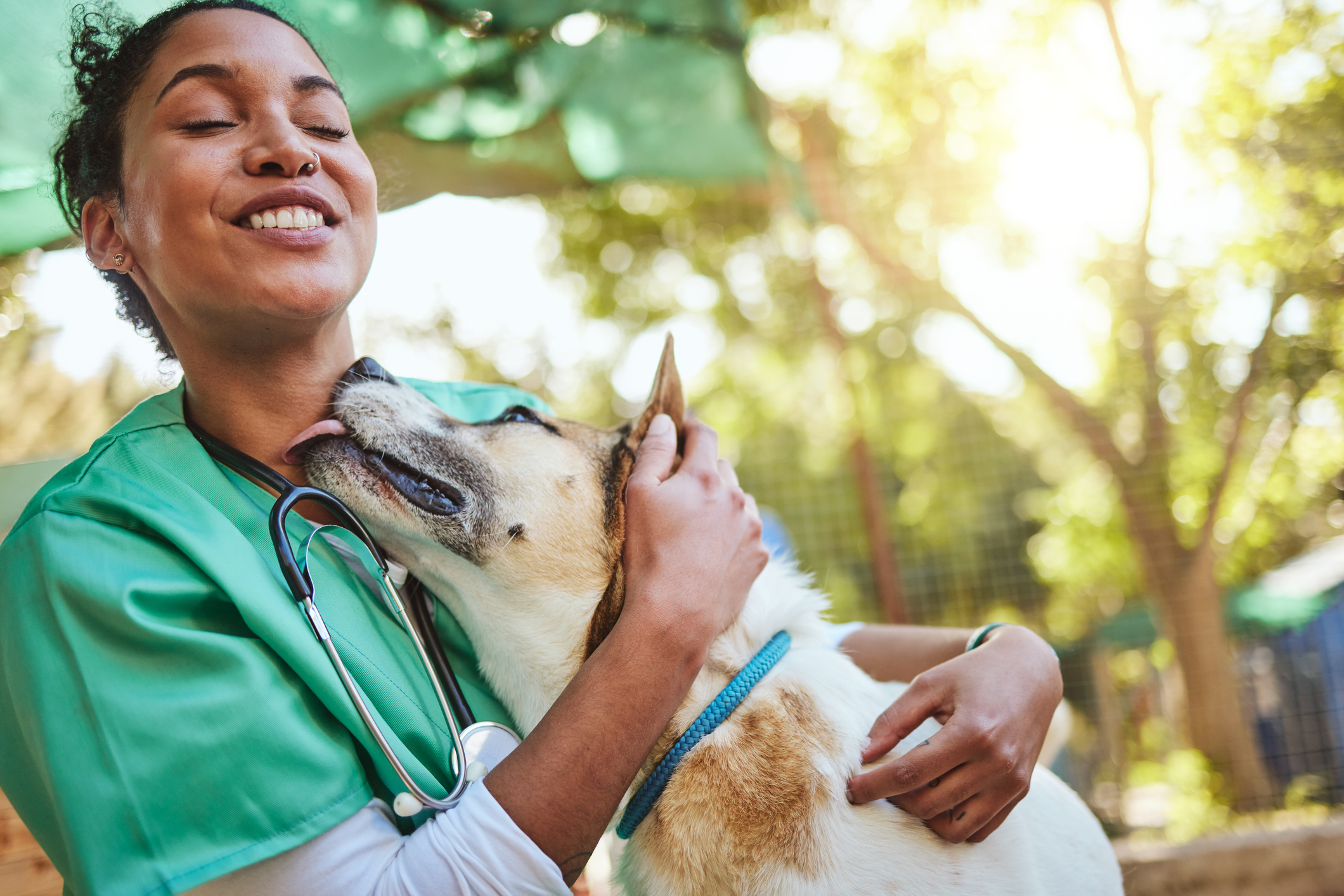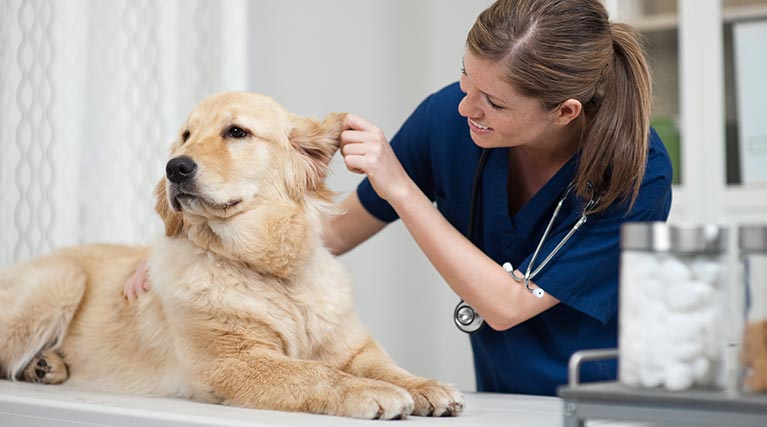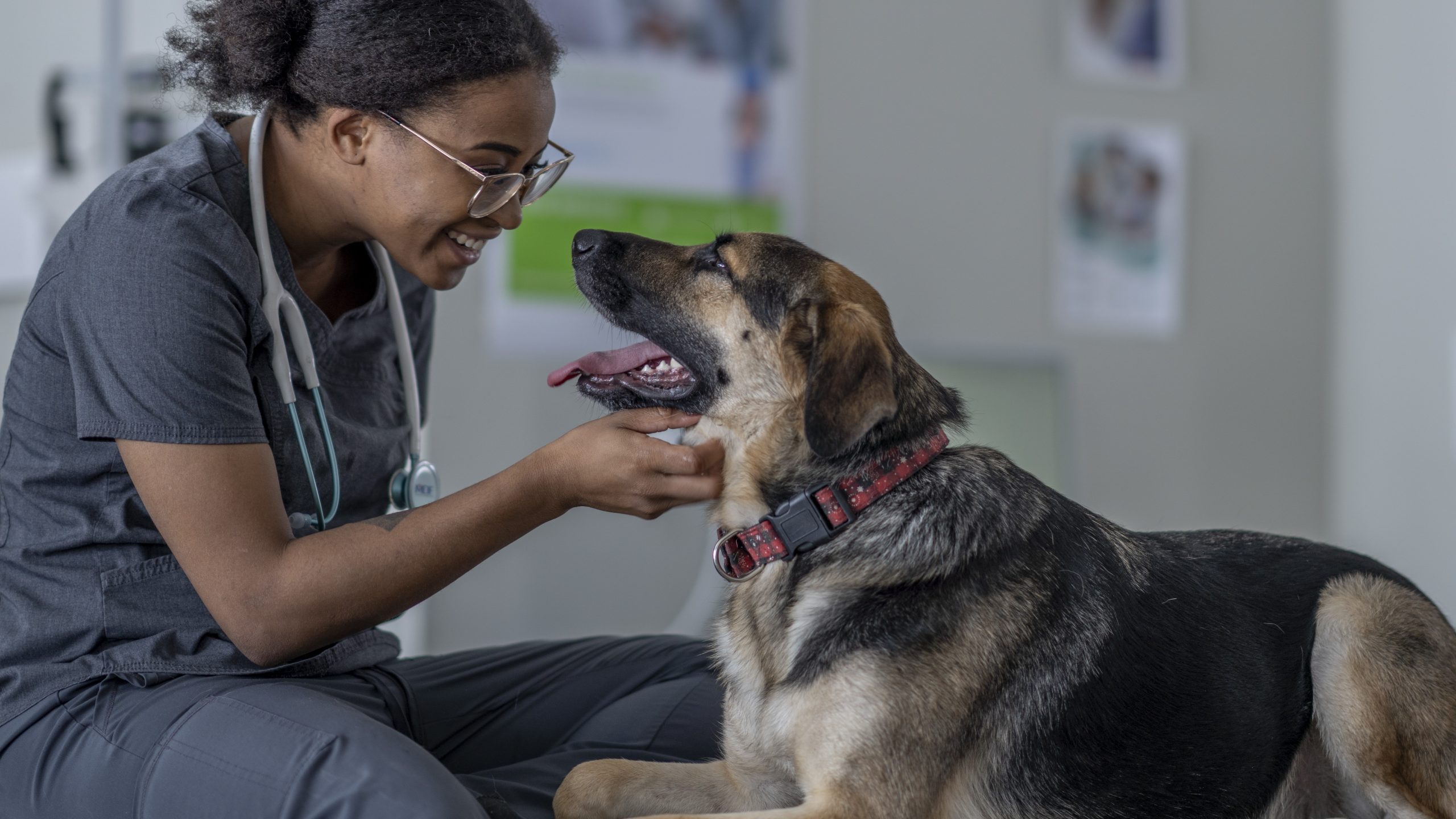Why Vet Enterprise Is the Leading Selection for High Quality Pet Treatment in Your Location
Inoculation Standards From Your Relied On Vet
Vaccination guidelines provided by your relied on vet play a critical duty in guarding your pet dog's wellness and wellness. Core injections are essential for all animals, while non-core vaccinations can be customized to environmental exposures and particular way of lives. Understanding the subtleties of inoculation timetables, which begin as early as six to eight weeks, is vital for ideal security. In addition, dealing with common false impressions surrounding vaccinations can better boost animal owners' self-confidence in these safety nets. As we check out these crucial facets, it ends up being increasingly clear why normal examinations with your veterinarian are crucial for notified decision-making.

Significance of Inoculations
Vaccinations play an essential duty in safeguarding pets against a series of avoidable conditions. By boosting the body immune system to recognize and deal with certain microorganisms, vaccines dramatically lower the incidence of infectious diseases that can influence a pet dog's health and longevity. Not only do inoculations secure individual pets, but they also add to herd resistance, consequently minimizing the general occurrence of diseases in the animal population.
Prompt inoculations aid to reduce the spread of diseases such as rabies, parvovirus, and distemper, which can have serious effects for both family pets and people. Inoculations are often a demand for boarding centers, grooming services, and dog parks, making them important for those that wish to socialize their pets.

Core Injections for Pets
While the particular inoculation demands of animals can vary based upon individual variables, core injections are universally advised to secure versus one of the most typical and major conditions (Vet Enterprise). Core vaccines are those regarded vital for all pet dogs, despite their way of living or geographic area, as they secure against highly contagious and possibly deadly health problems
For dogs, the core vaccinations consist of those for canine distemper, parvovirus, adenovirus (liver disease), and rabies. Canine distemper is a viral disease that affects the breathing, gastrointestinal, and nerves. Parvovirus is known for creating serious intestinal disease, specifically in pups. Adenovirus can lead to liver illness, while rabies is a zoonotic disease that postures a risk to both people and pets.
In pet cats, core vaccines encompass feline panleukopenia, feline calicivirus, feline herpesvirus (rhinotracheitis), and rabies. Feline panleukopenia is a highly infectious viral illness that impacts the immune system and intestines. Calicivirus and herpesvirus are significant factors to top breathing infections in felines, while rabies remains an important problem for public health and wellness.
Talk to your vet to guarantee your family pets receive their core inoculations on time.
Non-Core Vaccines Explained
Non-core vaccines are tailored to address specific threats connected with a pet dog's direct exposure, atmosphere, and way of living to particular conditions. Unlike core vaccinations, which are widely suggested for all pet dogs, non-core vaccines are taken into consideration based upon individual situations. These vaccinations are specifically crucial for pets that may experience special microorganisms because of their geographical area, travel practices, or tasks.
Instances of non-core injections consist of those for Bordetella bronchiseptica, which is connected to kennel coughing, and Lyme disease, triggered by ticks. Animals that frequently connect with various other animals, such as those in boarding centers, canine parks, or brushing atmospheres, might gain from Bordetella vaccination. pop over to these guys If you live in an area where Lyme illness is prevalent, vaccinating versus this disease can be a prudent selection for outdoor-loving pets.
Other non-core vaccines might consist of those for leptospirosis, canine flu, and feline leukemia, depending upon the specific danger factors existing. It is vital to have a detailed discussion with your vet regarding your animal's lifestyle and the possible need for these injections, ensuring a customized vaccination approach that best shields your hairy good friend.
Inoculation Set Up Overview

As pets grow, it is vital to stick to the suggested booster inoculations. Pet Vaccinations. For adult pets, core vaccinations are generally provided every one to 3 years, relying on the details vaccine and local policies. Non-core injections might be advised based on lifestyle elements and local condition prevalence, requiring a tailored technique
Regular veterinary exams are vital for updating vaccination schedules. Your vet can provide support on the most appropriate immunizations for your pet, considering age, wellness status, and ecological risks. By remaining aggressive and notified, animal proprietors can guarantee their hairy friends obtain effective and timely inoculations, thus securing their health and wellness and well-being throughout their lives.
Common Misconceptions Concerning Injections
Misconceptions concerning pet dog inoculations can cause confusion and reluctance amongst pet dog proprietors pertaining to the booster shot procedure. One widespread misconception is that injections are unnecessary for interior pet dogs. While it holds true that interior animals encounter reduced threats, they are not totally immune to conditions, as virus can be introduced with numerous methods, consisting of human clothing and various other pets.
An additional false impression is that vaccinations can cause the diseases they aim to stop. In truth, many vaccines include inactivated or undermined microorganisms, which can not cause disease in healthy and balanced animals. Some pet proprietors likewise believe that their pets must not be immunized if they are already healthy; nonetheless, vaccinations are a positive procedure that assists protect against the beginning of illness.
In addition, many family pet proprietors are afraid that vaccinations will cause lasting health difficulties. While negative effects can happen, they are typically moderate and momentary. The advantages of inoculation-- shielding pets from potentially serious diseases-- far exceed the dangers. Recognizing these usual myths is critical directory for liable pet ownership and guaranteeing the wellness and safety and security of your fuzzy companions. Constantly consult your veterinarian for precise information customized to your pet's certain important link needs.
Final Thought
In recap, adherence to vaccination standards is critical for guaranteeing the wellness and longevity of pets. Dispelling common myths bordering vaccinations even more reinforces the value of informed decision-making in family pet treatment.
Not only do inoculations safeguard specific animals, however they likewise add to herd immunity, therefore decreasing the overall occurrence of illness in the family pet population.
Misunderstandings about pet dog inoculations can lead to confusion and reluctance among pet owners relating to the immunization process. While it's real that indoor pets deal with lower risks, they are not totally immune to illness, as microorganisms can be presented via numerous ways, including human clothing and various other pet dogs.
Some family pet proprietors additionally believe that their family pets must not be vaccinated if they are already healthy and balanced; nevertheless, vaccinations are a positive measure that assists prevent the start of disease.
The advantages of vaccination-- safeguarding pets from potentially dangerous diseases-- far exceed the dangers.